Drop 'Cold War mindset': China warns NATO against destabilizing Asia
Beijing warns the North Atlantic Treaty Organization (NATO) against attempts to destabilize Asia and spread false information about China, as the Western alliance is preparing a new strategic concept to designate the Asian country as a challenge to its interests.
Chinese Foreign Ministry spokesman Zhao Lijian called on the US-led military alliance on Tuesday "to abandon the Cold War mindset, zero-sum games and the practice of creating enemy images."
"After the turmoil in Europe, NATO countries should abandon their attempts to destabilize Asia and the world," Zhao told a news conference.
NATO leaders will adopt a new 10-year doctrine at a summit starting on Tuesday in Spain. The new strategy document is set to label China as "a challenge to our interests, our security and our values."
Zhao said that Beijing "pursues an independent and peaceful foreign policy. It does not interfere in the internal affairs of other states. Nor does it export its ideology or use extraterritorial jurisdiction, economic blackmail, or unilateral sanctions. How can China be a systematic challenge?"
"China's development is an opportunity for the world, not a challenge to anyone. We strongly urge NATO to immediately stop spreading false information about China and refrain from provocative statements," he added.
NATO leaders will discuss how to balance what they call the growing threat from China's military and cyber capabilities, as well as global crises including food and energy supply concerns, against a perceived danger posed by Russia and the war in Ukraine.
"The strategic concept is about much more than Russia, reflecting the fact that we are very much aware that... the other threats and challenges that we must address have not disappeared," NATO Secretary-General Jens Stoltenberg told The Financial Times.
Stoltenberg said he expected NATO members to agree on "clear language on China."
"China is not an adversary," he said. "But of course we need to take into account the consequences of China's heavy investments in military capabilities, long-range nuclear weapons and efforts to take control of our critical infrastructure when we address how to ensure NATO will remain the most successful alliance in history."
Under pressure from the US, NATO leaders stressed last year that China posed challenges that must be addressed.
The US and European countries, however, are still split on whether to treat China as a security "threat" or "challenge."
Designating China even as a "challenge" would present harsher language in the new strategy document than in NATO's current strategic concept, released in 2010, which does not mention the Asian country at all.
Russian court orders Google to pay staggering fine of $20 decillion
Yemeni forces carried out five operations in Haifa, targeting six ships, in one year: Report
Israeli war machine fails to penetrate Lebanon despite barbaric bombardment: Houthi
VIDEO | Is West's dominance over?
VIDEO | Five Syrians killed in Israeli airstrikes on al-Qusayr near Homs
VIDEO | South African resistance leaders reflect on ways to overcome Israeli aggression
VIDEO | Press TV's news headlines
VIDEO | Netanyahu pressured on a ceasefire


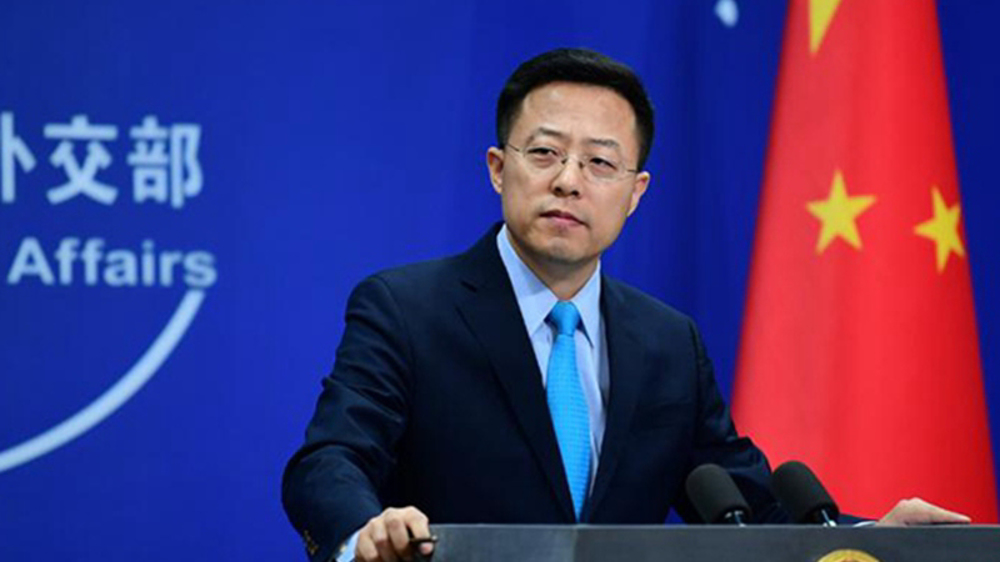
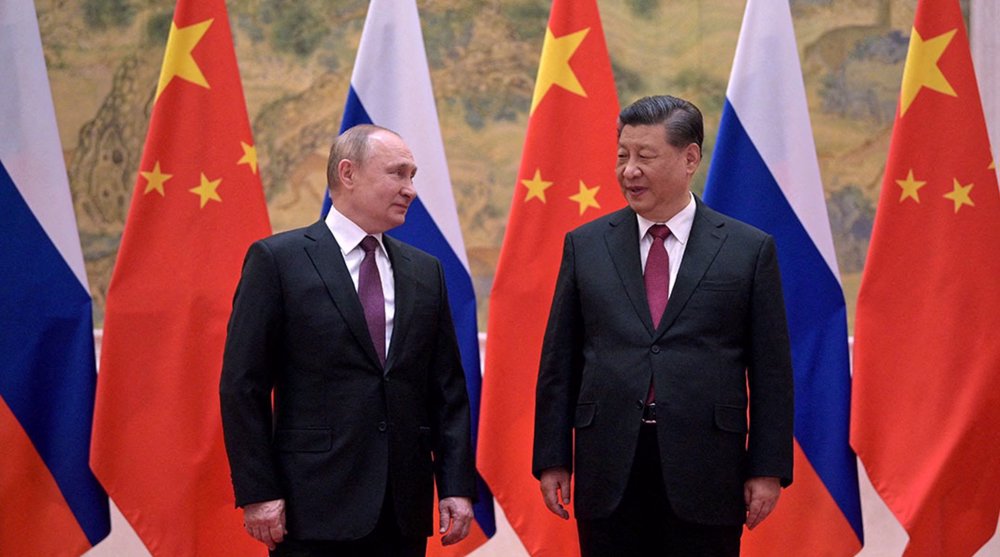
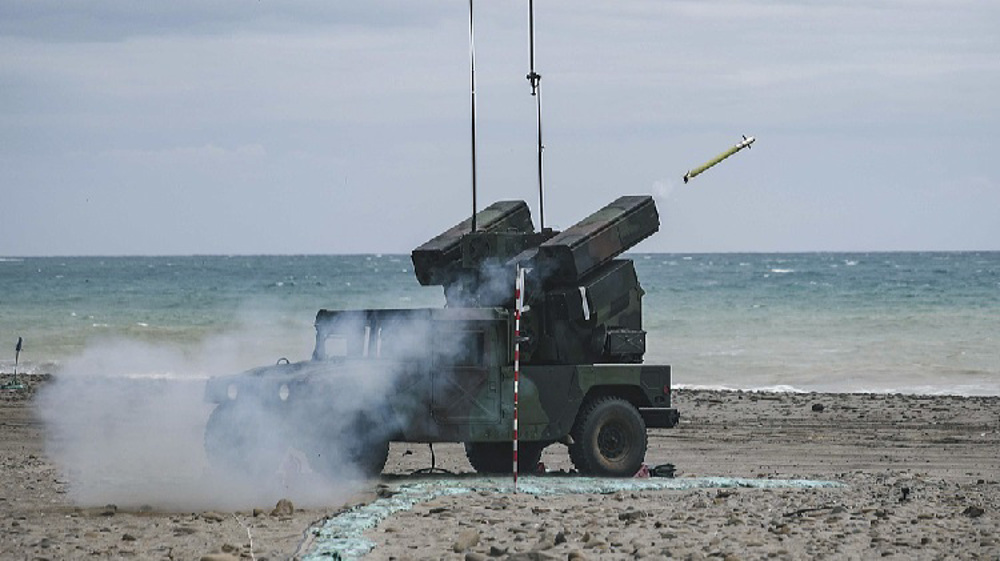
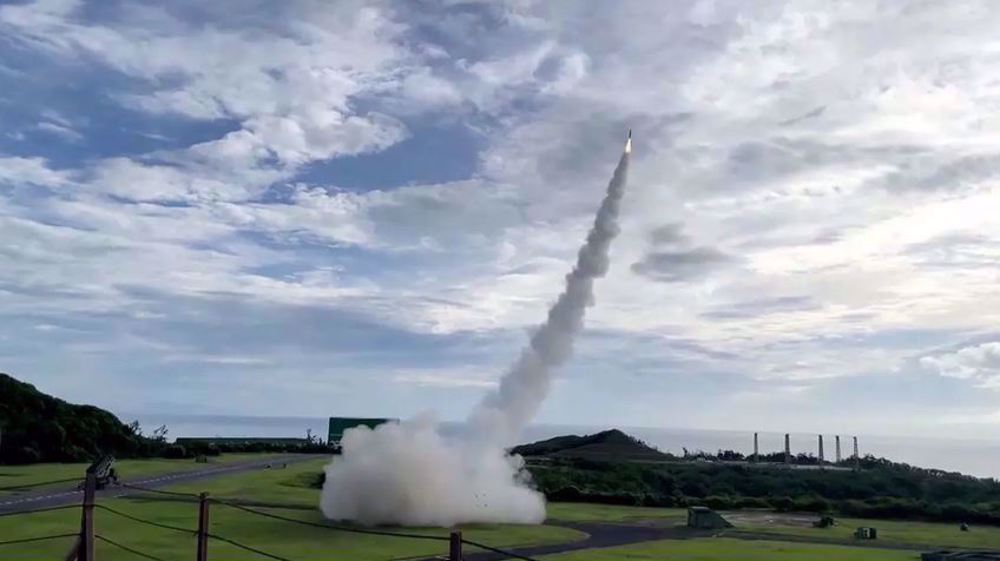
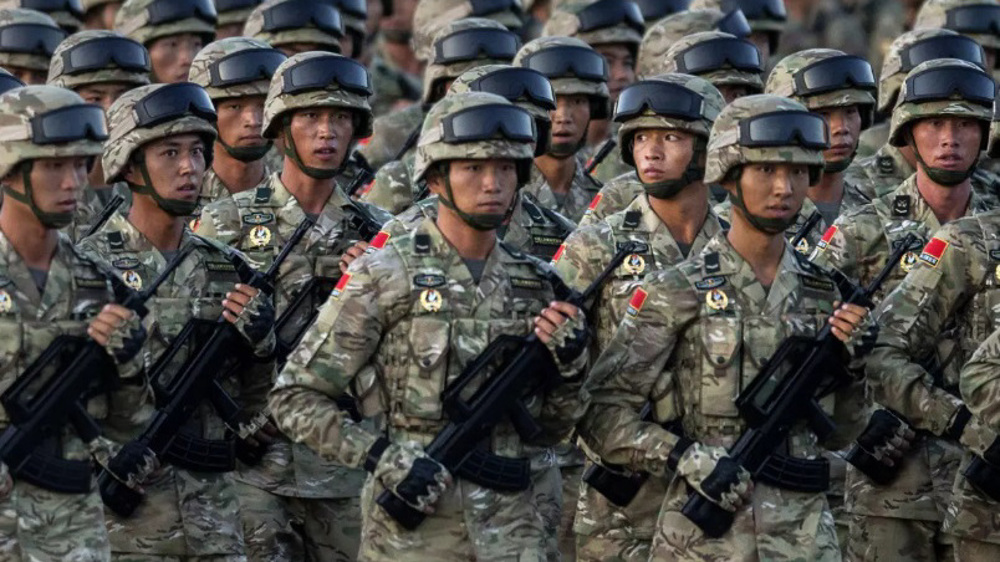



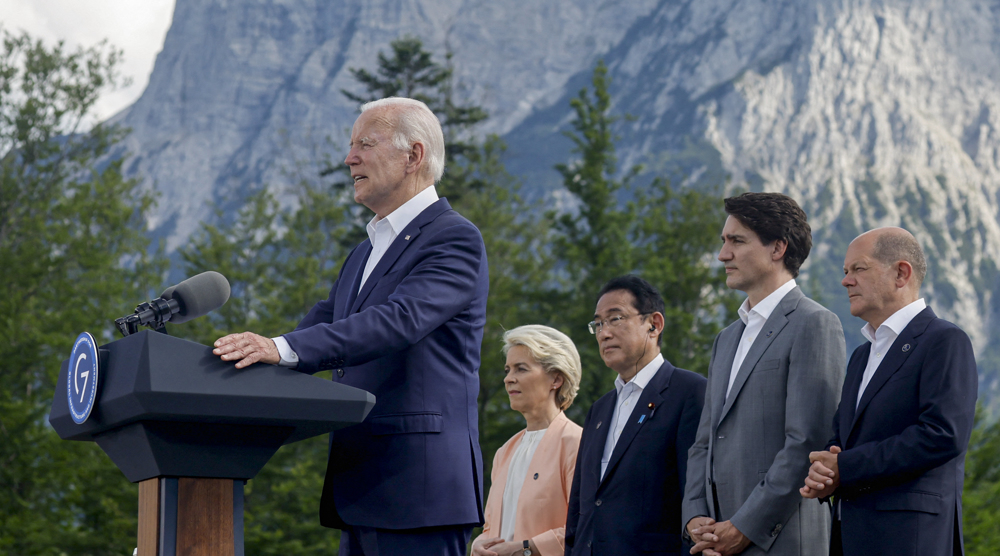
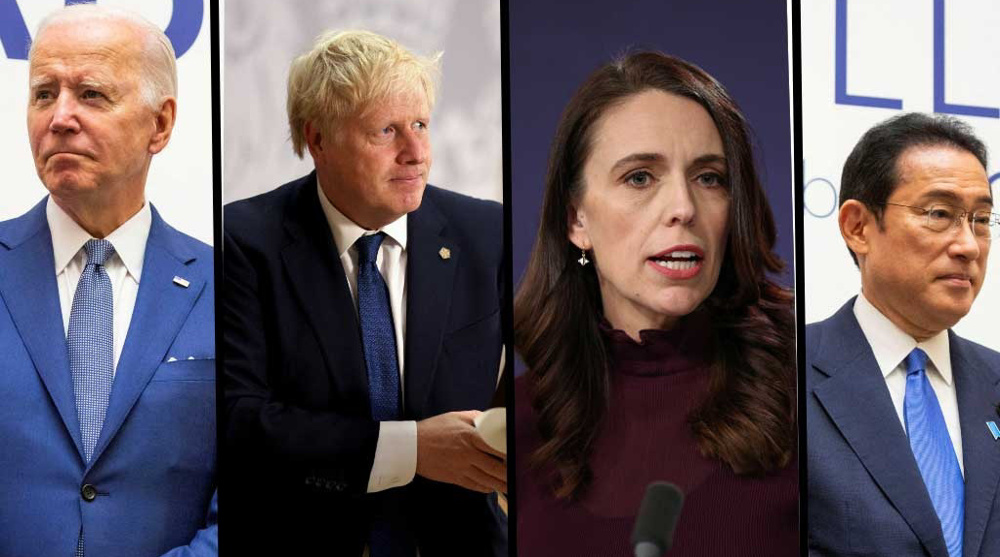
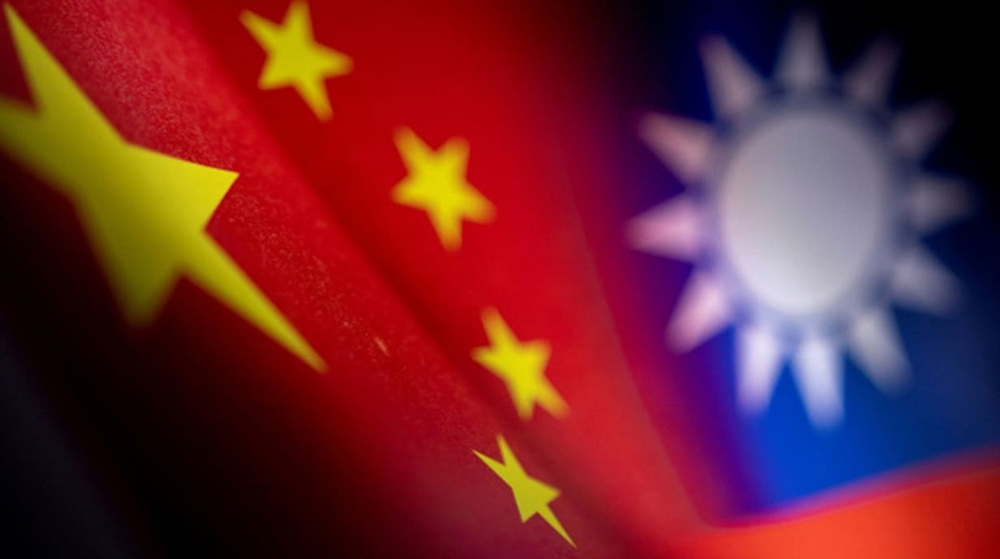

 This makes it easy to access the Press TV website
This makes it easy to access the Press TV website